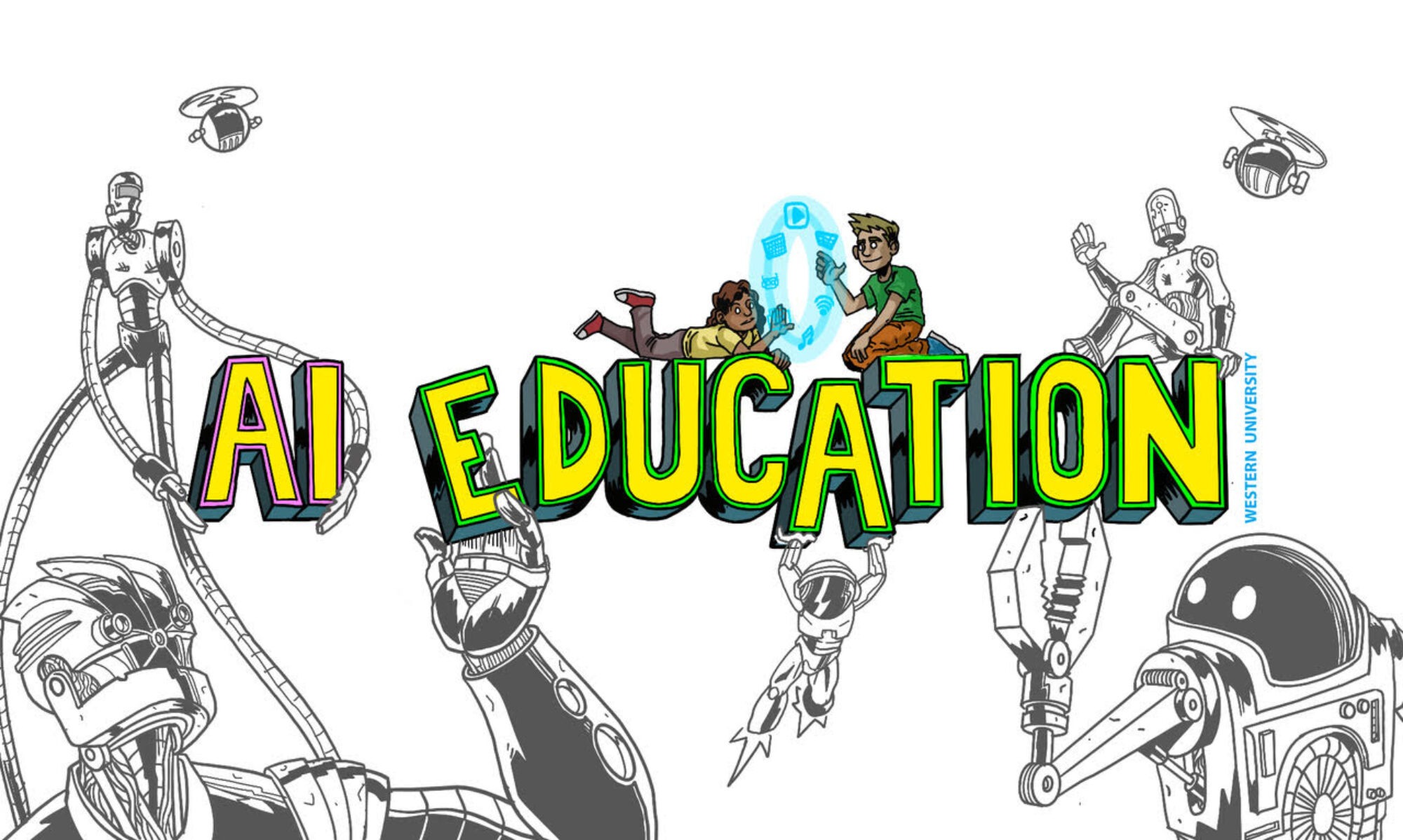SOCIETY & AI … readings
Maria Ressa on facing down dictators, disinformation and standing up for democracy
An interview by Piya Chattopadhyay (2023), host of CBC’s The Sunday Magazine, available at
https://www.cbc.ca/radio/sunday/the-sunday-magazine-for-april-2-2023-1.6796538

Nobel Peace Prize-winning journalist Maria Ressa is a force to be reckoned with. She’s a celebrated investigative reporter whose recent memoir How To Stand Up to a Dictator outlines both her work exposing government corruption and misinformation in the Philippines, and the personal and legal attacks she’s faced as a result. She joins Chattopadhyay to talk about her latest legal victory, why we need to have more regulation of tech companies, how Canadians should think about threats to our country’s democratic process, and why she continues to warn the world about what she sees as very imminent threats posed by authoritarianism and disinformation.
Grace Dillon on Indigenous Futurisms: Changing the narrative in science fiction and fact
An interview by Nora Young (2021), host of CBC’s Spark, available at https://www.cbc.ca/radio/spark/indigenous-futurisms-changing-the-narrative-in-science-fiction-and-fact-1.5866757

Recognition of Indigenous Peoples’ perspectives in technology is vital, scholars say.
It’s said that good science fiction tells us more about the present than the future. If that’s the case, then why does so much of the literary canon focus on white men? And it’s not just the movies and books: The tech world also suffers from an intense lack of diversity, especially when it comes to Indigenous peoples.
So how do Indigenous people, with a range of cultures and perspectives, fit into futuristic narratives, whether they be fiction or the real world?
It’s a question that Grace Dillon has examined. She’s Anishinaabe, and the editor of Walking the Clouds, an Anthology of Indigenous Science Fiction. She’s also a professor in the Indigenous Nations Studies department at Portland State University.
Grace Dillon and Pedro Neves Marques (2021). Taking the Fiction Out of Science Fiction: A Conversation about Indigenous Futurisms. e-flux journal #120

Grace Dillon is an Anishinaabe cultural critic, professor in Indigenous Nations Studies at Portland State University, and a key figure in contemporary conversations about Indigenous Futurisms. Anchored in analyses of science fiction, her work spans literary sources, film, and popular culture. Her edited anthology Walking the Clouds: An Anthology of Indigenous Science Fiction (2012) has become an invaluable guide to the growing field of Indigenous Futurisms and its many ramifications in studies and debates about race, gender, geography, science, and the notion of temporality itself. In this sense, Indigenous Futurisms—in the plural, as Dillon reminds us in this interview—encompass Indigenous perspectives on science fiction, speculative storytelling, and world-building through literary, cinematic, and other artistic forms, emphasizing both the colonial role of science and technology and its decolonial uses in affirming Indigenous sovereignty and creativity.
Mathias Risse (2021). Artificial Intelligence and the Past, Present, and Future of Democracy. Carr Centre for Human Rights Policy Discussion Paper Series, Harvard Kennedy School.

Located at the intersection of political philosophy, philosophy of technology and political history, this essay reflects on medium and long-term prospects and challenges for democracy that arise from AI, emphasizing how critical a stage this is. Modern democracies involve structures for collective choice that periodically empower relatively few people to steer the social direction for everybody. As in all forms of governance, technology shapes how this unfolds. Specialized AI changes what philosophers of technology would call the materiality of democracy, not just in the sense that independent actors deploy different tools. AI changes how collective decision making unfolds and what its human participants are like (how they see themselves in relation to their environment, what relationships they have and how those are designed, and generally what form of human life can get realized). AI and democracy are not “natural allies:” it takes active design choices and much political will for AI so serve democratic purposes.
